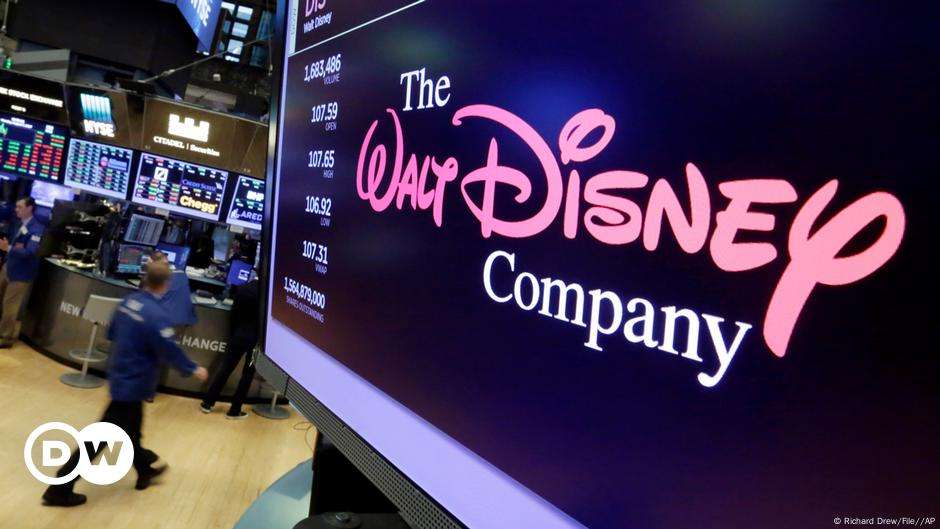In a surprising twist, The Walt Disney Co. has decided to withdraw a controversial motion that sought to dismiss a wrongful death lawsuit in arbitration. This decision comes in the wake of significant public backlash. The case revolves around the tragic death of Kanokporn Tangsuan, a doctor from New York, who died from an allergic reaction at Raglan Road Irish Pub and Restaurant in Disney Springs, Orlando, Florida. The restaurant had advertised itself as being particularly accommodating for special dietary needs.
Initially, Disney argued that the plaintiff, Tangsuan’s husband, had agreed to arbitration by signing up for a monthlong trial of Disney+, the company’s streaming service, in 2019. Following the public outcry, Disney’s legal team filed a notice to withdraw their initial motion earlier this week.
Josh D’Amaro, Chairperson of Disney’s theme park division, released a statement on Monday night explaining the company’s change of heart. “At Disney, we strive to put humanity above all other considerations. With such unique circumstances as the ones in this case, we believe this situation warrants a sensitive approach to expedite a resolution for the family who have experienced such a painful loss.” D’Amaro further added, “As such, we’ve decided to waive our right to arbitration and have the matter proceed in court.”
The lawsuit sparked heated debate, especially given Disney’s initial defense that it was not liable as it did not control the restaurant but merely acted as a landlord. However, by filing a second motion, Disney argued that the terms agreed upon when purchasing tickets to the Disney park also mandated arbitration.
This development underscores the complexity and emotion tied to legal battles where customer service assurances intersect with fine print agreements. It raises questions about how large corporations handle customer grievances and the extent to which consumers are bound by the terms of service they may rarely scrutinize.
What are your thoughts on Disney’s handling of this case? Do you believe large corporations should be allowed to enforce arbitration clauses in such sensitive cases? Share your comments below and join the conversation.
Source: dw.com



